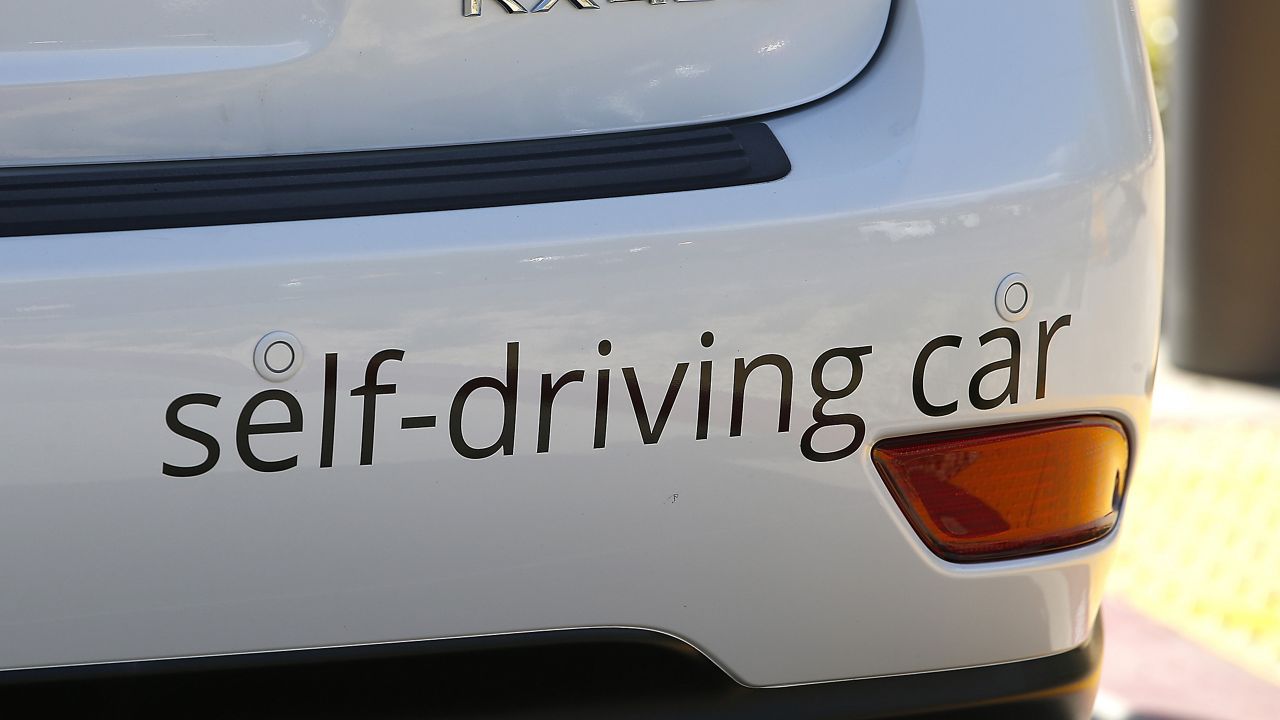JD Power reported Wednesday that consumers are losing confidence in fully-automated self-driving vehicles.
The company's 2023 U.S. Mobility Confidence Index – which comes out just two days after a woman was pinned under a self-driving vehicle in San Francisco – notched a second year of declines in consumer confidence for the fledgling technology.
Just 37% of the public said they would be comfortable riding in such a vehicle — down from 39% in 2022 and 44% in 2021. Scores were significantly higher among people who had ridden in a robotaxi in Phoenix or San Francisco, where the General Motors’ subsidiary Cruise and the Alphabet subsidiary Waymo both operate ride-hail services without a human driver. According to JD Power, 67% of individuals who had personally experienced the technology felt comfortable.
“Consumer trust is fragile, but it is the foundation upon which long-term AV acceptance is built,” JD Power senior manager of auto benchmarking Lisa Boor said in a statement. “This first-time feedback from robotaxi riders shows significant growth in consumer comfort levels across any AV application.”
Twenty-three states have laws that allow automated vehicles to be tested or deployed on public roads, according to the Autonomous Vehicle Industry Assn. Of those, just seven allow automated vehicles to operate without a human safety driver who can take over in case of an emergency. California and Texas are among the most active states for deployment.
Cruise and Waymo are the companies that have been most bullish in their rollout plans. Both companies operate driverless ride-hail services in San Francisco, Phoenix and Austin. Waymo will begin a pilot program of its service in LA next week.
The JD Power report is based on research conducted in July, prior to Monday’s accident in San Francisco, which involved a driverless Cruise car. According to Cruise, its vehicle was traveling through a green light in autonomous mode and the pedestrian was walking through moving traffic when the crash took place. The woman was in traffic because she had just been hit by another driver who fled the scene. The Cruise vehicle stopped on top of the woman, the San Francisco Fire Department reported.
The incident is the latest in a string of safety incidents, most of them involving AVs that stiop in traffic. In August, a Cruise vehicle drove into freshly poured concrete.
The JD Power survey found a majority of its 3,000 respondents (78%) were concerned about the potential for AVs to be hacked. They also expressed concerns about data privacy, including how their personal information was being shared, used and stored. The study found consumers were more willing to share their blood alcohol content level than their location.
It also noted that owners liked AVs' ability to nullify risky driving behaviors such as talking, texting and searching. They also appreciated that AVs would allow them to sleep and do other activities, since they no longer need to drive or watch the road.






